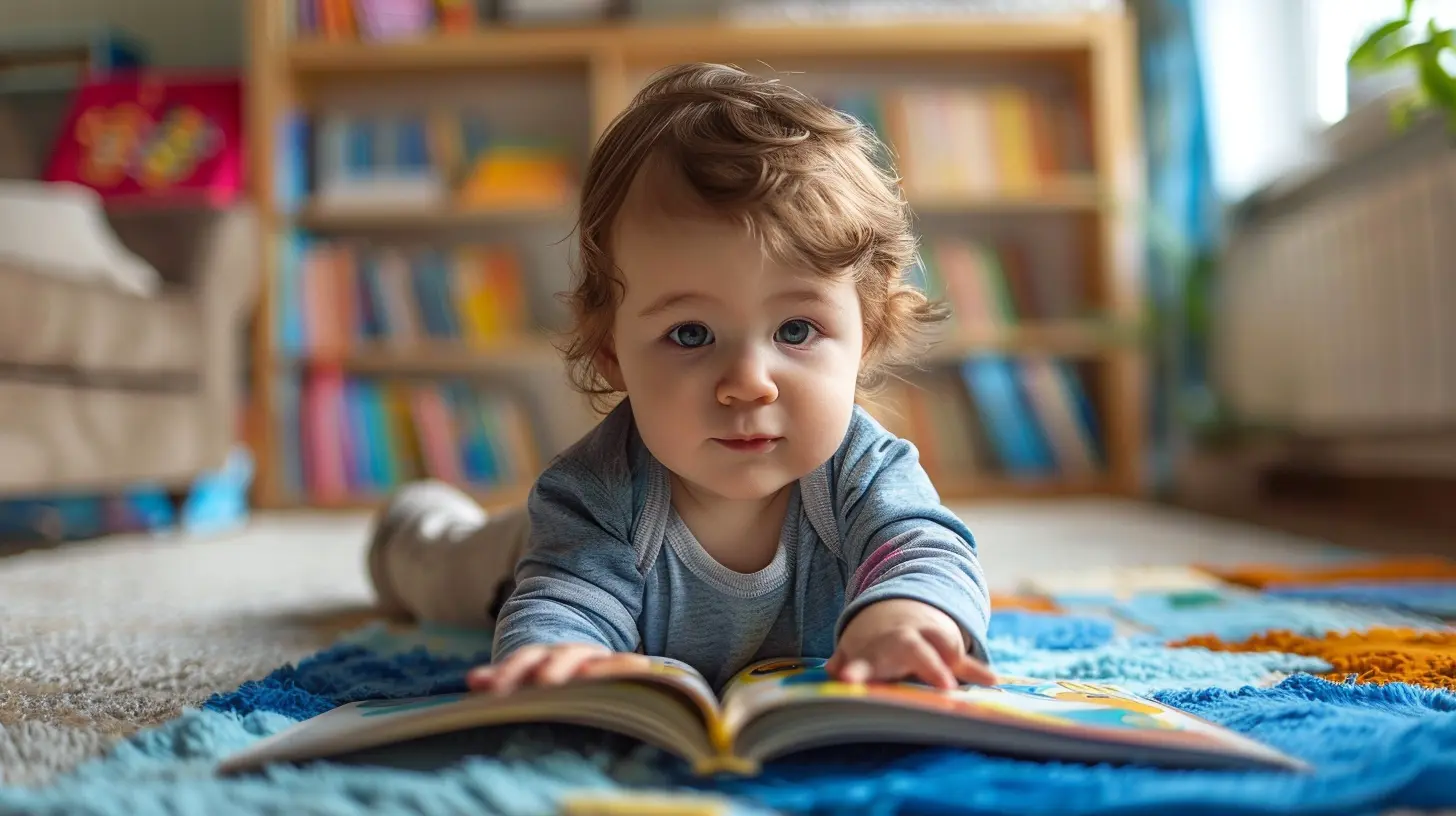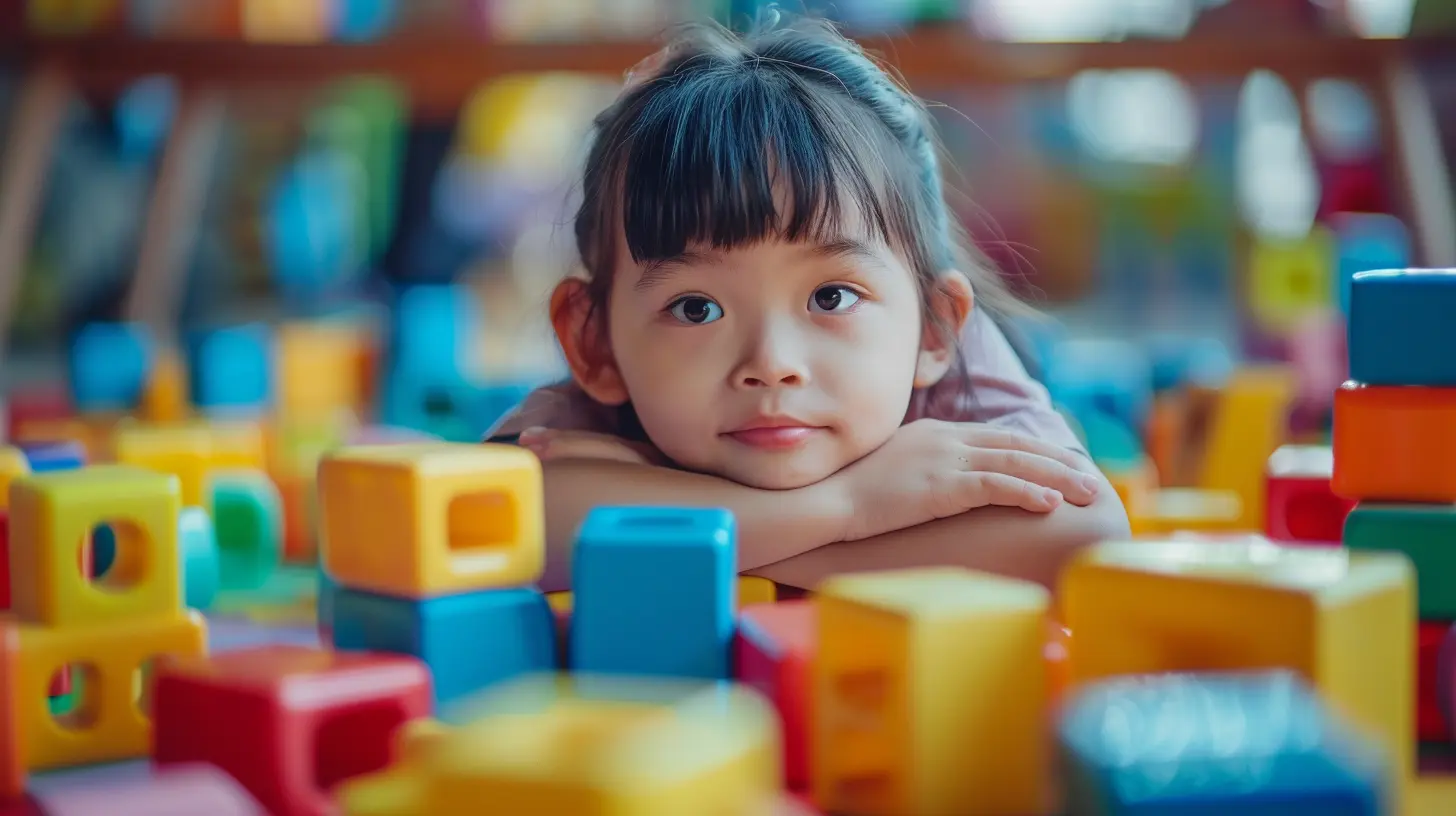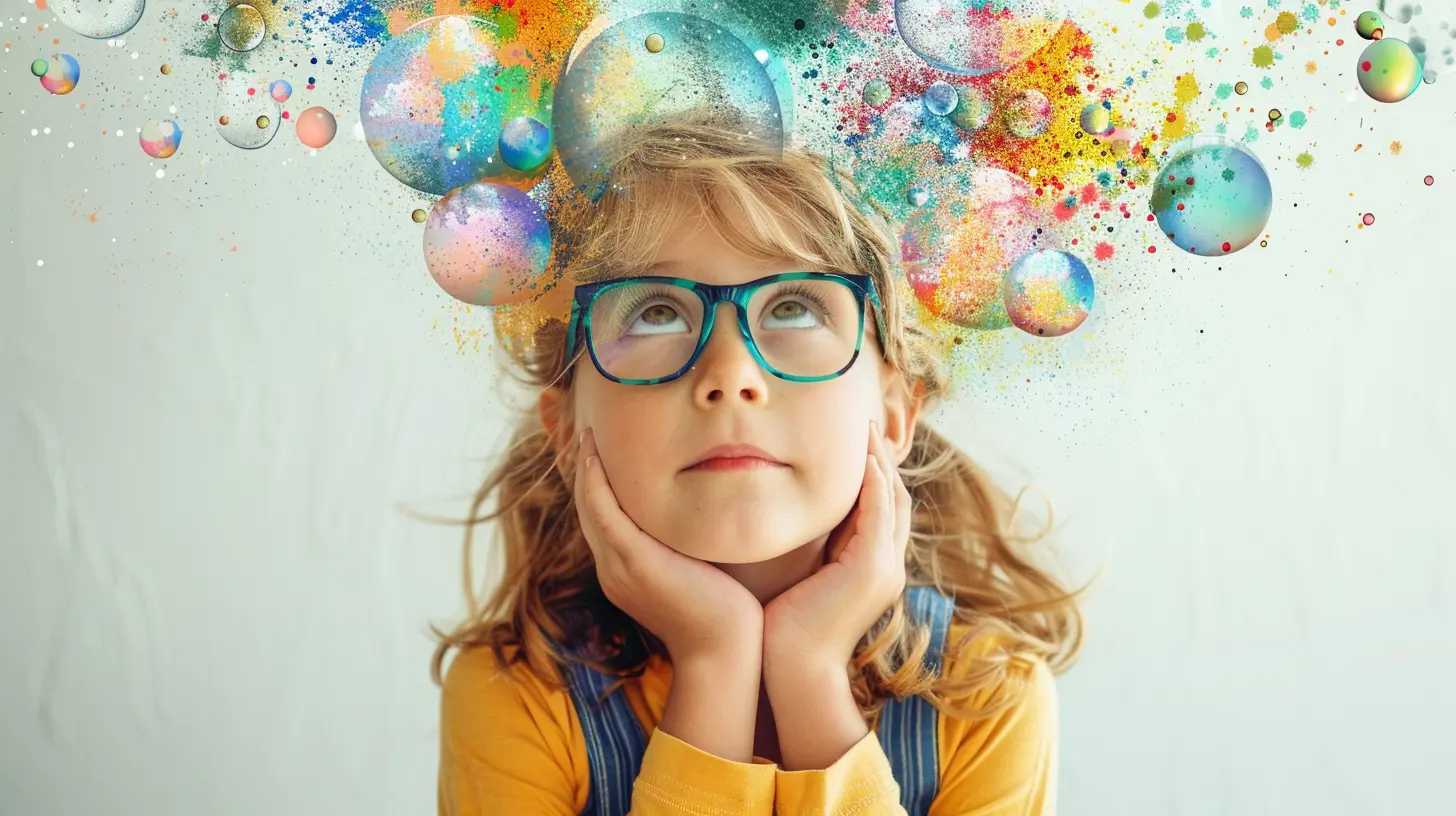The Benefits of Bilingualism on Cognitive Development
22 September 2025
Have you ever marveled at people who can seamlessly switch between two languages? It’s almost like a superpower, right? Well, beyond the cool factor, bilingualism actually has profound effects on cognitive development. It isn't just about being able to order food in another language when traveling—it shapes the brain in fascinating ways.
In this article, we’re diving deep into the cognitive benefits of bilingualism, backed by research and real-life experiences. Whether you’re considering learning a second language yourself or introducing your child to one, you might be surprised by just how powerful this skill can be!

What is Bilingualism?
Before we jump into the benefits, let's define bilingualism. Simply put, a bilingual person is someone who can communicate in two languages with some level of proficiency. Some people grow up speaking two languages at home (early bilinguals), while others learn a second language later in life (late bilinguals).Regardless of when you learn a second language, the cognitive benefits are real. In fact, studies suggest that even learning a language later in life can have significant effects on brain function. So, if you’ve been hesitating to learn a new language, consider this your sign to go for it! 
1. Enhanced Cognitive Flexibility
One of the biggest advantages bilingual individuals have is cognitive flexibility—the ability to switch between tasks and think about multiple things at once. Since bilingual people constantly switch between languages, their brains become wired to handle multiple streams of information.Think of it like a traffic controller at a busy intersection. A bilingual brain is better at managing traffic, allowing for smoother decision-making and problem-solving. This means bilingual individuals tend to be better at multitasking, adapting to new situations, and thinking outside the box. 
2. Improved Problem-Solving and Critical Thinking
Learning and using two languages consistently strengthens problem-solving skills. Each language comes with unique grammatical rules, idiomatic expressions, and cultural nuances. Navigating these complexities requires a sharp mind capable of analyzing, comparing, and selecting the right words or structures.Researchers have found that bilingual people perform better on tasks that require identifying patterns, logical reasoning, and creative solutions. Their brains are trained to assess information from different perspectives—skills that come in handy in everything from mathematics to negotiations! 
3. Sharper Memory and Better Retention
Ever walked into a room and forgotten why you were there? We all have! But bilingual individuals tend to have better working memory, meaning they can remember and process information more efficiently.Language learning requires constantly recalling vocabulary, grammar rules, and context—all of which strengthen the brain’s memory capacity. This helps with remembering names, lists, instructions, and even long-term retention of information.
Bilingual children, for example, often outperform monolingual children in memory-based tasks. This advantage extends into adulthood, making it easier to retain and recall new information.
4. Delayed Onset of Cognitive Decline
Here’s where bilingualism starts to feel like an anti-aging hack! Research has shown that speaking two languages can delay the onset of neurodegenerative diseases like Alzheimer’s and dementia by up to five years compared to monolingual individuals.Why? Because using multiple languages exercises the brain, keeping neural connections strong and resilient. Just like physical exercise strengthens the body, mental exercise—such as switching between languages—keeps the mind sharp as we age.
Even if you’re learning a second language later in life, it’s never too late to reap the brain-boosting benefits!
5. Enhanced Attention and Focus
In today’s world of constant distractions (hello, social media notifications!), the ability to stay focused is more valuable than ever. Bilingual individuals tend to have stronger attention control, meaning they’re better at tuning out irrelevant information and staying on task.Because bilingual speakers constantly filter out one language while using the other, their brains become skilled at ignoring distractions. This translates to sharper focus in school, work, and daily life.
Ever struggled to concentrate when too much is going on around you? Bilingualism might just be the mental workout your brain needs!
6. Greater Emotional Intelligence and Empathy
Language isn’t just about communication—it’s tied to culture, emotions, and social interactions. Bilingual individuals often have a higher degree of emotional intelligence because they understand how language reflects different cultural perspectives.Think about it: When you speak a second language, you’re also engaging with a new way of thinking, expressing emotions, and interacting socially. This builds greater empathy, adaptability, and sensitivity to others’ viewpoints.
Bilingual children, for example, are often better at understanding emotions and intentions, making them more effective communicators and collaborators.
7. Boosted Academic and Professional Success
Learning a second language can give you a serious competitive edge in both academics and the workplace. Studies have shown that bilingual students often perform better in subjects like math, reading, and standardized tests due to their enhanced cognitive skills.In the professional world, bilingualism is a major asset. Many companies prioritize bilingual employees because they can communicate with a broader range of clients, think critically, and adapt quickly to new challenges.
If you’re looking to stand out in your career, mastering a second language might just be your secret weapon!
8. Strengthened Executive Function
The brain’s executive function is responsible for managing skills like planning, decision-making, and impulse control. Bilingual individuals tend to have a more developed executive function, making them better at prioritizing tasks, switching between activities, and making sound decisions under pressure.Because bilinguals constantly juggle two linguistic systems, they become skilled at filtering out distractions and focusing on the most relevant information—an ability that proves useful in both personal and professional settings.
9. A More Adaptable and Open-Minded Outlook
Being bilingual doesn’t just change how you think—it changes how you view the world! Learning a second language exposes individuals to different cultures, traditions, and ways of thinking, fostering greater openness and adaptability.Bilingual individuals are often more comfortable with change, more accepting of differences, and more open to new experiences. In an increasingly globalized world, this mindset is an invaluable asset.
Final Thoughts
Bilingualism isn’t just about speaking two languages—it’s about rewiring your brain for the better. From boosting memory and problem-solving skills to delaying cognitive decline and increasing focus, the benefits are undeniable.And the best part? It’s never too late to start! Whether you’re considering language learning for yourself or your child, the cognitive rewards will last a lifetime.
So, why not challenge yourself to pick up a new language today? Your brain will thank you for it!
all images in this post were generated using AI tools
Category:
Child DevelopmentAuthor:

Alexandra Butler
Discussion
rate this article
1 comments
Zarek Martinez
Bilingualism enriches cognitive flexibility, enhancing critical thinking and problem-solving skills in children.
October 4, 2025 at 4:34 PM

Alexandra Butler
Thank you for highlighting this key benefit of bilingualism! It's fascinating how language skills can significantly enhance cognitive abilities in children.


